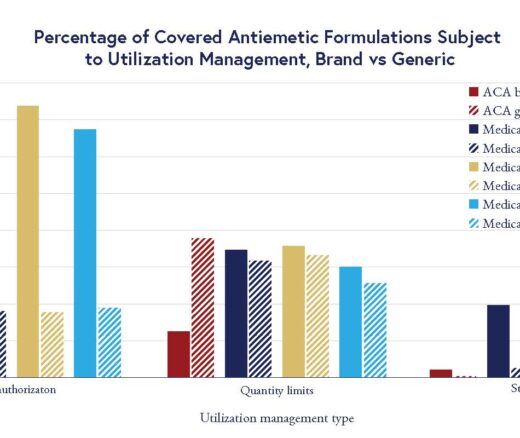
Top Dozen 2025 LDI News Stories
Focusing in on Some of Health Care Policy’s Most Urgent Issues
News
Penn LDI Associate Fellow and Wharton School PhD student Catherine Ishitani has won the 2025 American Society of Health Economists (ASHEcon) Student Paper Award. The award will be presented at the June ASHEcon annual conference in Nashville.
ASHEcon is a professional organization focused on promoting excellence in health economics research within the United States and serves as a forum for emerging ideas and evidence-based results that inform health and health care policies and practices.

A Health Care Management and Economics doctoral student, Ishitani’s research focuses on the industrial organization of health care, with a particular interest in pharmaceutical quality, resilience, and innovation.
Entitled In Defense of the Middleman: Quality Failures in the Generic Pharmaceutical Market, her winning paper detailed evidence that generic pharmaceutical quality failures are pervasive, with more than 50% of manufacturers failing inspections during the analyzed 2000–2022 period. Additionally, it found that disclosure of these failures through recall announcements reduces wholesalers’ and retailers’ purchases of recalled drugs by 60%, with effects persisting for up to a decade—long after recalls are typically resolved.
The paper reports that these intermediaries are willing to pay a 2% premium for each 10% reduction in the probability of future recalls, which encourages manufacturers to compete on reliability rather than just price. This enhances the benefits of recall disclosures and ultimately increases the share of high-quality (not recalled) drugs by 27%.
The work was supported by an award from the annual Penn LDI 2024 Small Grants Program that funds early-stage investigations that would otherwise not qualify for larger NIH or other institutional grants.

Focusing in on Some of Health Care Policy’s Most Urgent Issues

Highlighting 10 Ways LDI Fellows Put Their Research Into Action

From AI-Powered Public Health Messaging to Stark Divides in Child Wellness and Medicaid Access, LDI Experts Highlight Urgent Problems and Compelling Solutions

An LDI Expert Offers Three Recommendations That Address Core Criticisms of the ACA’s Model

Administrative Hurdles, Not Just Income Rules, Shape Who Gets Food Assistance, LDI Fellows Show—Underscoring Policy’s Power to Affect Food Insecurity

Chart of the Day: LDI Researchers Report Major Coverage Differences Across ACA and Medicaid Plans, Affecting Access to Drugs That Treat Chemo-Related Nausea